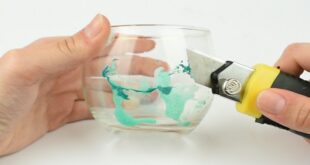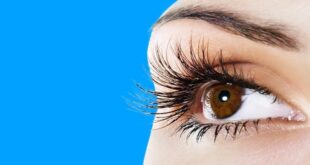Maintaining healthy hair can be a challenge, especially with a busy lifestyle. One of the most convenient hair care products that many people swear by is dry shampoo. It offers a quick fix for greasy roots and helps extend the time between washes. However, while it has its advantages, dry shampoo also has some downsides that need to be considered. Let’s explore the pros and cons of using dry shampoo for your hair.
Pros of Using Dry Shampoo
- Saves Time and Effort
One of the biggest advantages of dry shampoo is its ability to refresh hair instantly without the need for water. Whether you are rushing to work or travelling, this product can help absorb excess oil, giving your hair a cleaner and fresher look.
- Extends the Life of Hairstyles
Frequent washing can cause hairstyles to lose their shape and texture. Dry shampoo helps in maintaining styled hair for a longer period. It adds volume and grip, making it ideal for those who style their hair regularly.
- Reduces Over-Washing
Washing hair too often can strip away its natural oils, leading to dryness and breakage. Dry shampoo reduces the need for frequent washing, helping to maintain the natural moisture balance of your scalp and hair.
- Convenient for On-the-Go Use
For those with hectic schedules, dry shampoo is an excellent hair care product. It can be used anytime and anywhere, making it a great option for people who travel frequently or have limited access to water.
Cons of Using Dry Shampoo
- May Cause Product Build-Up
While dry shampoo absorbs oil, it does not cleanse the scalp like traditional shampoo. Regular use without proper washing can lead to product build-up, which may clog hair follicles and cause scalp issues.
- Can Lead to Dryness and Irritation
Some dry shampoos contain alcohol and other chemicals that may cause dryness and irritation if used excessively. Those with sensitive scalps should be cautious and choose products with gentle ingredients.
- Not a Replacement for Regular Shampooing
Dry shampoo is a temporary fix and should not replace regular washing. It is essential to cleanse the scalp with water-based shampoos to remove dirt, oil, and product residues effectively.
- May Not Work for All Hair Types
While dry shampoo is beneficial for many, it may not be suitable for all hair types. Those with very fine or curly hair may find that it does not distribute evenly or leaves behind a chalky residue.
Best Practices for Using Dry Shampoo
- Use Sparingly: Apply dry shampoo only when necessary to avoid excessive build-up.
- Choose the Right Product: Opt for high-quality formulas that suit your hair type.
- Massage and Brush Out: After applying dry shampoo, massage it into the scalp and brush out any residue for an even finish.
- Follow Up with Regular Washing: Ensure you wash your hair with a gentle shampoo to remove any accumulated product.
Conclusion
Dry shampoo is undoubtedly one of the best hair care products for those who need a quick and convenient way to refresh their hair. However, it is essential to use it in moderation and as part of a balanced hair care routine. While it offers multiple benefits, overuse can lead to potential hair and scalp concerns. By combining dry shampoo with proper washing and hydration, you can enjoy healthy and well-maintained hair effortlessly.




